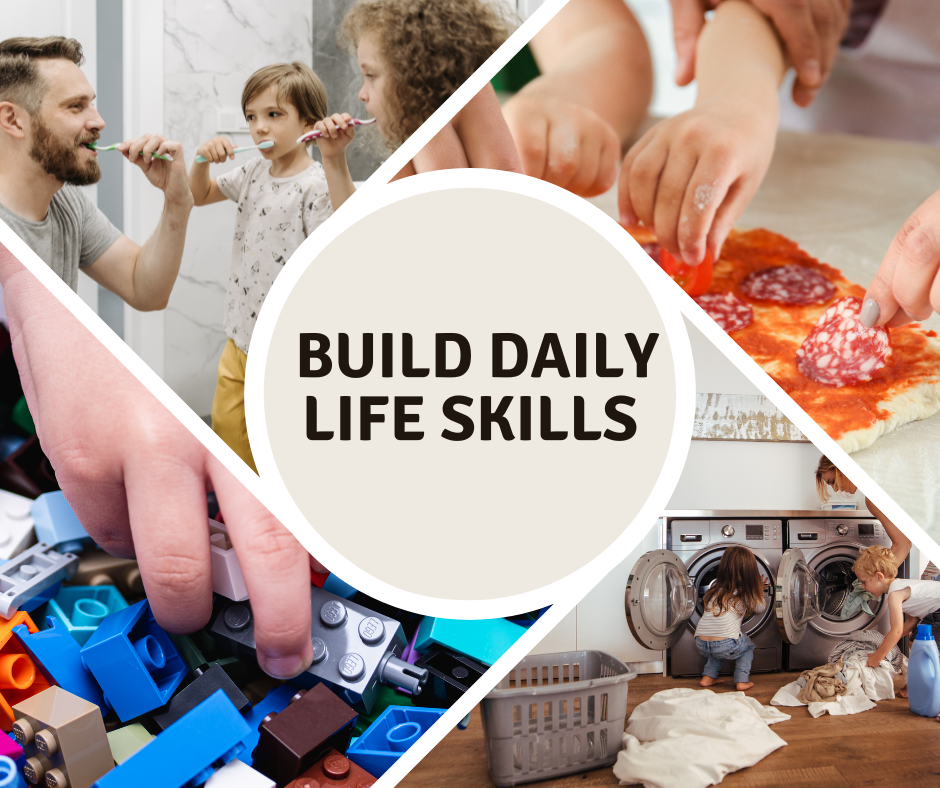Turn Summer Break into Growth: Building Your Child's Daily Life Skills
Summer offers a unique opportunity beyond a break from school—a chance to equip your children with essential life skills that will serve them for years to come. While traditional education focuses on academics, the practical skills needed for daily living often receive less attention, yet they're crucial for developing confidence and independence.
 Daily life skills include many different abilities:
Daily life skills include many different abilities:
- How to talk and listen to others
- How to plan and manage time
- Taking care of basic needs (cooking, health, cleaning)
- Getting around and managing money
- Taking care of your mental and physical health
- Being a good citizen and standing up for yourself
Children aren't born knowing how to handle daily living tasks, but they possess an innate capacity to develop these abilities through environmental experiences. Overprotective parenting, while well-intentioned, can prevent children from developing these competencies. To develop these skills, both opportunities and instruction must be provided.
Choose a summer focus. Select one or two key skills to develop over the summer months. Whether it's cooking basics, financial literacy, or home maintenance, consistent practice in a relaxed environment yields remarkable results.
Match tasks to the developmental level. Assign age-appropriate responsibilities—younger children might sort laundry while teenagers learn to wash their clothes independently. Avoid overwhelming them with tasks beyond their capabilities.
Assign meaningful responsibilities. Children thrive when their contributions matter. Avoid relegating them to "busywork" or undesirable chores that no one else wants. When children feel their work impacts the family positively, they develop a sense of purpose and belonging.
Teach proper techniques. Frustration arises when expectations aren't clear. Demonstrate processes step-by-step, allowing children to observe before attempting tasks themselves.
Allow learning time. Resist the urge to take over when children make mistakes or work slowly. While completing tasks yourself might be faster, it deprives children of valuable learning opportunities. Patience during this process helps build competence and confidence.
Remember, these practical abilities aren't consistently taught in classrooms, yet they're essential for future independence. By creating a "Life Skills Camp" at home this summer, you're not just filling time—you're investing in your child's capability to navigate life successfully.
Resources to get you started: Ideas-for-Teaching-Life-Skills.pdf
Lifeskills Checklists
by Joy Miller, Family and Community Wellness Extension Agent, June 2025